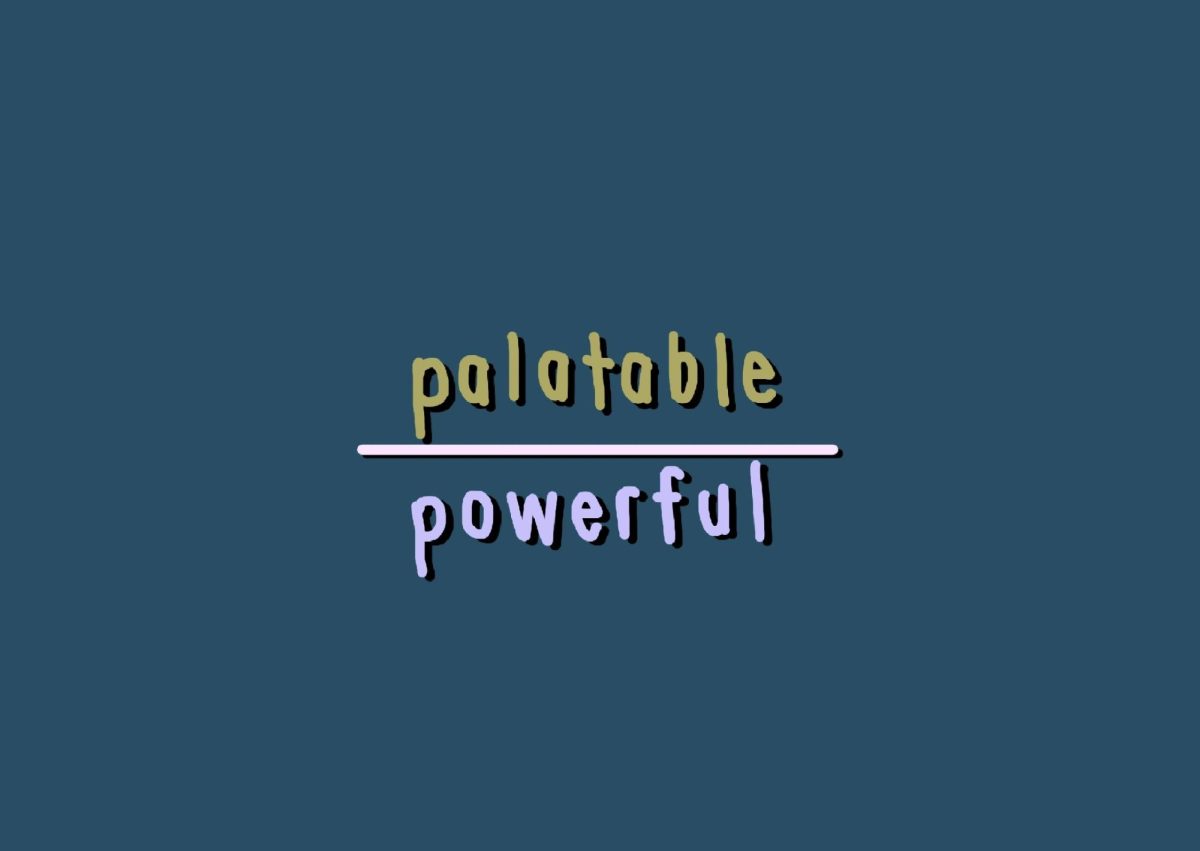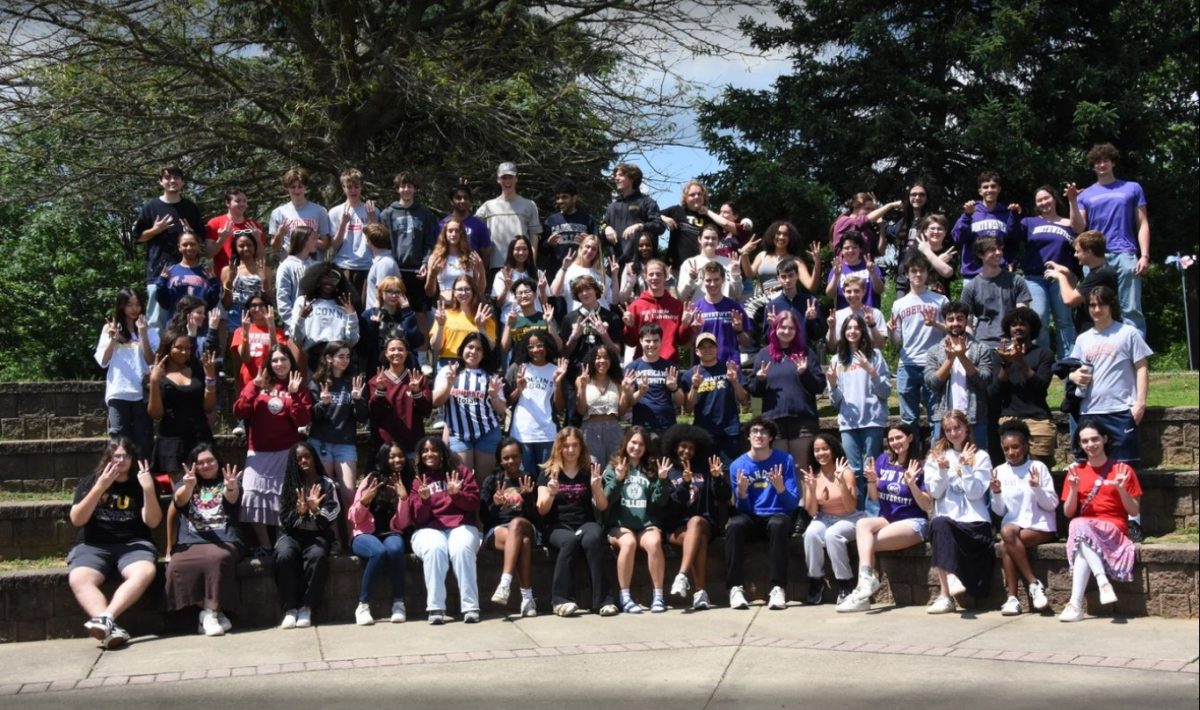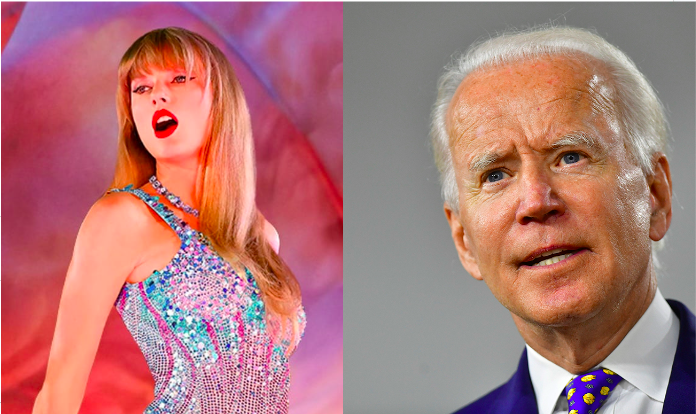Mainstream feminism lost the plot the moment it conformed to neoliberalism and postfeminism to embrace individual choice. Though neoliberal feminism neglects the historical feminist struggle for economic justice by promoting individual advancement for women through careerism, it does acknowledge gender inequality. Postfeminism, however, which spread in the early 2000s, denies today’s discrimination against women and misapplies the feminist principles of freedom and choice.
The phenomenon of “choice feminism,” a phrase coined by American lawyer Linda Hirshman, describes the widespread belief that the women’s movement has liberated women to make whatever choices they desire. It affirms every choice a woman makes as an “exercise of agency,” neglecting to address how systematic subordination and assaults on women’s rights in the private and public spheres can compromise this agency.
Faux feminism is fashionable and fun! But how groundbreaking is it when it depoliticizes the personal rather than advocating empowerment for women through class consciousness and a radical restructuring of patriarchal society? How revolutionary is a feminism that rejects the conservative idea of women’s submission to men as natural order, but champions the liberal narrative of this submission as empowering? Why doesn’t the notion of women’s empowerment center women?
Marie Shear, an American writer and feminist activist, defined feminism in 1986 as “the radical notion that women are people.” Today’s popular liberal conception of feminism epitomizes the sexist culture Shear satirized: it performatively advocates “smashing the patriarchy” but maintains the status quo in emphasizing individual empowerment over collective liberation. In other words, the misguided campaign prioritizes palatability to the masses over true power for women. It awards a feminist badge to anyone who wants one, rallying champions for an empty cause. True empowerment for women is agency and natural rights to resources, autonomy, safety, and knowledge in all spheres of their lives. It is the fruit of a radical counterculture where women acknowledge the ills of patriarchy and treat the class divide at its root by addressing the institutional and cultural practices that oppress them.
Critical thinking is crucial in the fight to achieve liberation from a society that would deny women these fundamental rights. In an interview from the 1997 Cultural Transformation video series, African American theorist and educator bell hooks describes critical thinking as a gift that enhances one’s life by affording them agency. hooks describes the skill as the “most enabling resource” she can offer her students and criticizes its absence in the education system: “In a certain kind of patronizing way education just says, all these people need is tools for survival, basic survival tools, like their degree so they can get a job…” hooks concludes that critical thinking is “at the heart of anybody transforming their life,” raising the question: How big of a change can we make by prioritizing the critical process?
Many neglect to critically examine the status quo or support the struggle for structural changes. But many practices considered inconsequential are reflective of underlying misogyny. One significant example is language, discussed in “Reclaiming Critical Analysis: The Social Harms of ‘Bitch’” by Sherryl Kleinman, Matthew B. Ezzell, and A. Corey Frost, who write, “[The b-word] is everywhere, so people have become desensitized to its harms, some even enjoying its use… That most people aren’t bothered by [this language] is disturbing, indicating that sexism is the water we swim in, and we are the fish who cannot see it.” Kleinman asks, “If we [women] aren’t even deserving of our place in language, why should we expect to be treated as human beings otherwise?”
But choice feminism ignores the reality of language as an instrument of patriarchy by upholding the distinction between the personal and political. Michaele L. Ferguson, Associate Professor of Political Science at the University of Colorado at Boulder, writes in “Choice Feminism and the Fear of Politics, “…if we suspend judgment in the context of our personal relationships, we seem to be failing in courage as feminists—for feminism is precisely about reimagining and reworking the personal… What is ultimately being expressed in a choice feminist position is a fantasy of a world without politics… [a world] in which we never offend anyone because we tolerate everyone, and in which we do not attempt as a collectivity to bring about structural changes… What good is a political consciousness if we are afraid to use it?”
Choice feminism’s appeal can, among other factors, be credited to a desire to remain ignorant to patriarchy. A consciousness of the way in which misogyny infiltrates one’s existence in the world is naturally discouraging and overwhelming to the psyche. “Many women, I think, resist feminism because it is an agony to be fully conscious of the brutal misogyny which permeates culture, society, and all personal relationships,” Andrea Dworkin, an American radical feminist and author, writes in her book Our Blood: Prophecies and Discourses on Sexual Politics. But in assuming everyone makes choices on a level playing field in a socially unjust world, choice feminism also parallels the exclusionary feminism that has historically rejected and marginalized groups such as Black and Indigenous women. Continuing the legacies of history’s intersectional feminist thinkers by acknowledging multifaceted oppression is critical in unifying women.
The protagonist of true feminism is a united class of rebellious women, and its antagonist is misogyny (the source of today’s damaging neoliberal, postfeminist culture). But today’s feminism makes criticism its antagonist, and wouldn’t dare to center resistant women as its protagonists. Women cannot be blamed for patriarchy or its manifestations, but the power of collective female resistance cannot be understated. Exploring and incorporating revolutionary feminist literature and pedagogy wherever and whenever possible can help increase consciousness of the great changes to be made.









Eduardo Polón • Jan 3, 2024 at 3:07 pm
What a well-crafted, insightful and mature argument! With gratitude, I found this to be a refreshing, compelling, enriching and informative opinion piece!